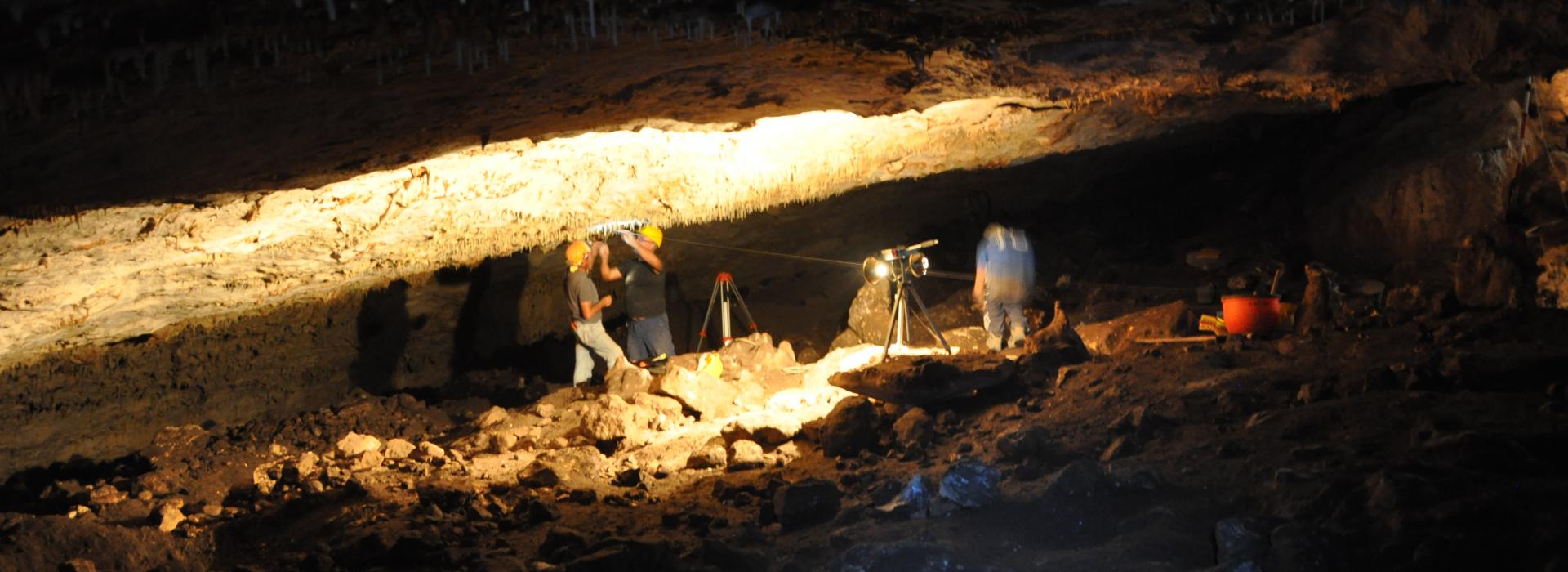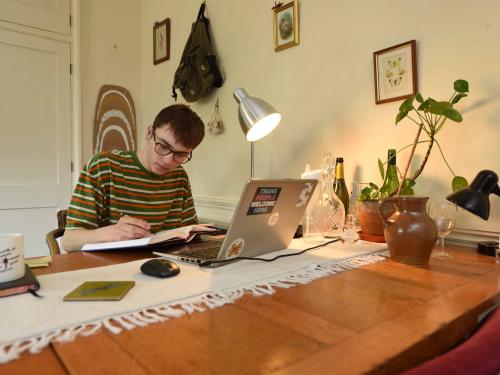Breadcrumb
Archaeology
Archaeology covers a huge range of topics, spanning the evolution of humans through the development of farming, ancient high civilisations, the colonial world of history, the role of material culture in human life and the role of heritage in modern culture and life. Students can follow many streams – Archaeology (covering all world cultures), Biological Anthropology, and specialist studies on Ancient Near Eastern civilisations.
With the Division of Archaeology and the McDonald Institute for Archaeological Research, Cambridge is one of the largest centres of archaeological research in Britain, and we have recently been awarded top place in the Good University Guide for Archaeology in the UK. For more information on the course, see the Division of Archaeology's website for prospective students.
Archaeology at Peterhouse
In spite of its small size, few colleges have contributed so much to Archaeology as Peterhouse. Professor Grahame Clarke, the pre-eminent prehistorian of his generation who defined new approaches to economic prehistory, was Master here. Dr. David Clarke’s work set the theoretical agenda for the 1970s and 1980s. Archaeology at Peterhouse today is represented by Professor John Robb, whose research encompasses European prehistory, social theory, art and material culture, and human skeletal studies. Peterhouse welcomes applications from students interested in any aspect of Archaeology, Biological Anthropology, and the Ancient Near East. Our students are encouraged to participate in the research process, and college support is available to help them do so.
Course Requirements
Archaeology spans a very broad subject area, and the course allows study of topics ranging across the humanities, the social sciences and the sciences. Students with almost any combination of subjects can apply; there are no specific required or recommended courses. We welcome applications from students studying humanistic fields such as History, English, Classics, and ancient languages, social sciences such as Geography, Sociology, Psychology, or Anthropology, and sciences such as Biology, Physics, Chemistry, and Mathematics.
The application process
All applicants will need to submit one piece of written work. This should be in essay format with a word limit of up to 1500 words.
Candidates should expect two interviews, one about general preparation and one subject-specific. Applicants are not expected to have any standard background in archaeology, as the field is highly varied, there are many relevant backgrounds and the subject is often not taught in schools; however, they should be prepared to discuss their relevant interests and potential directions they may wish to follow.
Applicants who are called for interview may be asked to sit a written assessment shortly before their interview, based on the reading of unseen material. Again, no special preparation or prior knowledge is required. This will be the same assessment across all Colleges and more information can be found on the University website.
Typical conditional offers
Our typical conditional offer for Archaeology is A*AA at A level. IB offers are usually for a minimum of 41-42 points with 776 or 777 in Higher Level subjects. Offers are designed to be realistic, taking into account individual circumstances, and to reflect potential and likely levels of achievement. Most of those who receive offers will attain the grades required.


